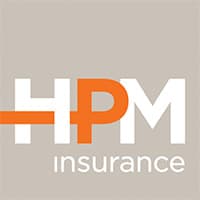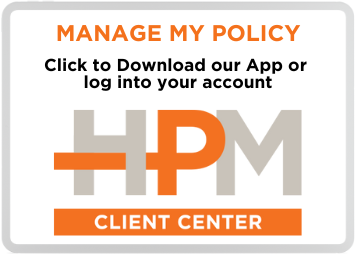Though flood may seem unlikely in New Hampshire, it does happen, and when the waters rise, extensive damage can occur. Rivers like the Merrimack, Pemigewasset and Saco, as well as the more than 950 lakes throughout our state can flood, but so can the less obvious areas, like where it rains....

Understanding the Basics of NH Flood Insurance
In the last five years, all 50 states have experienced either a flood or a flash flood resulting in property damage. What many home and business owners do not realize is that flood damage is not covered
Flood Insurance in New Hampshire
Flooding can happen to any property because where it rains, it can flood. Water damage can be devastating because it often causes thousands of dollars worth of damage and is excluded from coverage. Because of
What is a Flood Zone?
With its many lakes and rivers, as well as a coastal exposure, New Hampshire does have a significant flood risk throughout the state. The risk is not necessarily determined by the property's proximity to water, but instead by a flood zone as defined by the Federal Emergency Management Agency (FEMA). A flood zone is a particular area of land as identified by FEMA in terms of its risk for flooding. All areas are considered in a flood zone per FEMA; it is just a matter of whether the property is regarded as a low, moderate or
Is Flood Coverage Required?
Flood coverage is becoming more frequently required by lenders, whether for a new purchase or a refinance. Some people are taken by surprise when a lender requires a flood policy on a property they have owned for years and never had this requirement before. This may happen due to a change in the flood zone of your property as FEMA has recently remapped many areas.
Flood coverage may also be required if you request disaster assistance through the government from a previous flood.
Purchasing NH Flood Insurance through NFIP
Though flood coverage may not be required, it is a good idea to buy it as again, flood damage is excluded from property policies. Most flood policies are issued and backed by the Federal government through the National Flood Insurance Program (NFIP), which is managed by the FEMA. The good news is that if you purchase an NFIP policy, the premium
Factors that drive the premium include the flood zone, the building's elevation, the type of construction and coverage amount.
It is important to note that there is a 30-day waiting period on most insurance NFIP
Purchasing Flood Insurance in the Private Market
Relatively new to the insurance marketplace is flood insurance being offered through private companies versus the government. The private market accounts for around 5% of the overall flood market; however it is growing due to better satellite mapping capabilities from the companies and demand from consumers with increasing NFIP premiums.
Which is better for a property owner depends on factors such as coverage amount, location of the property, waiting period, lender requirements, etc. Speak with an insurance professional to understand what is best for you and your situation.
Understanding NFIP Flood Coverage
Whenever you purchase an insurance policy, you should understand what is and is not covered. You should read the policy but here are a few of the items that are typically covered in an NFIP flood policy:
The dwelling at the described location which also includes
- Awning
- Built-in appliances
- Water heaters
- Plumbing fixtures
- Carpet permanently installed over unfinished flooring
- Furnaces and radiators
Personal property coverage is optional and must be added to an NFIP policy separately. If purchased, it may include:
- Property owned by you or your household family members
- Portable air conditioning units
- Carpets not permanently installed
- Washers and dryers
- Freezers (other than a walk-in)
Areas that are not typically covered on an NFIP flood policy include:
- Personal property not inside a building
- Vehicles
- Other self-propelled vehicles that could be registered for road use
- Land including lawns and trees
- Animals
- Currency and valuable papers
- Loss of revenue or profit
- Additional living expenses
Flood Insurance can seem like an extra expense, but given the extent of damage that can occur from a single storm, it is at least worth considering. For additional information, visit our partner Safety Insurance who also shares some great information on the topic of flood insurance.
How do I get a NH Flood Insurance Quote?
Contact a local insurance professional, like HPM Insurance, who has access to both the NFIP Flood Program and the private market. They can best explain the process and provide you with a flood quote, so you are ready for the next storm. Stay dry!


